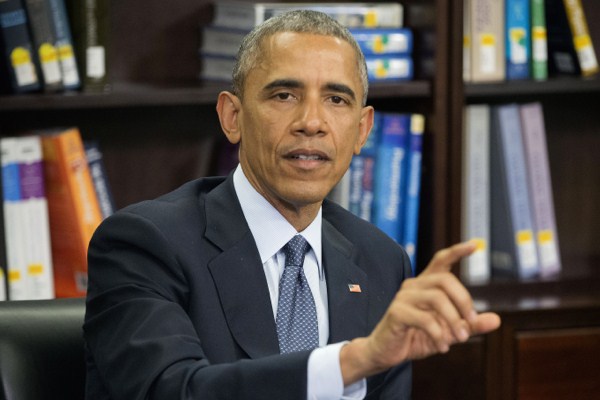Several events in the past month have raised the question of whether the United States has entered the first stages of its decline in the global arena.
Of them, the framework agreement reached between the P5+1 powers—the U.S., U.K., France, Germany, Russia and China—and Iran in Switzerland last week has received the most scrutiny. The U.S. entered diplomatic efforts with the stated goal of seeing Iran’s capabilities to enrich uranium completely dismantled—but ended up accepting Iran’s right to preserve, albeit under rigid supervision, a good deal of its nuclear infrastructure.
While the Iran talks have dominated the headlines, there have been other apparent setbacks. The U.S. pleaded with its European and Asian allies not to sign up with China’s new Asian Infrastructure Investment Bank (AIIB)—the first major international financial institution to be created under Beijing’s rules rather than Washington’s. The AIIB would provide an alternative source of financing for projects and bypass the West’s ability to set political and economic conditions as a price for getting capital from the World Bank, the International Monetary Fund or the Asian Development Bank, which is why U.S. President Barack Obama’s administration was keen to see its partners eschew participation.

